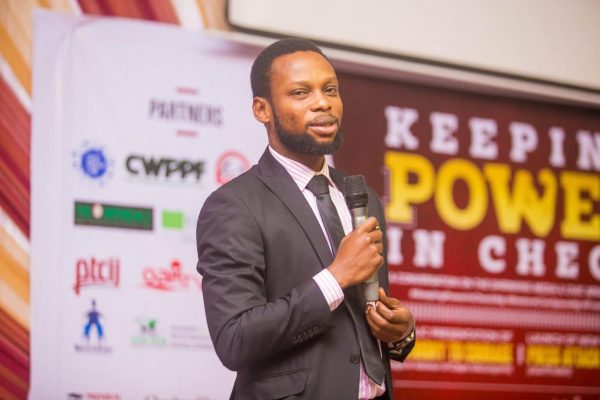Nigerian investigative journalist, Fisayo Soyombo, has responded to claims by the Nigerian Army regarding his recent arrest, refuting their version of events.
Soyombo, the founder of the Foundation for Investigative Journalism (FIJ), was detained for three days by the Nigerian Army’s 6th Division in Port Harcourt, Rivers State, under suspicion of involvement in illegal oil bunkering.
The Army initially stated that Soyombo had been arrested alongside other individuals engaged in oil theft.
However, in an interview with Arise TV, Soyombo clarified that he was not arrested in connection with oil bunkering. He explained that he had approached the military personnel, assuming they were involved in facilitating a settlement between the oil thieves and the authorities. Soyombo admitted that he had not informed the Army about his undercover investigation due to his mistrust of public institutions, particularly the military.
“There was no arrest. The Nigerian Army did not arrest me. They spotted me, flashed their torch, and I came out to initiate a conversation. I didn’t show them my ID because the illegal bunkerers had mentioned that they had settled everyone, and the soldiers I saw were those who hadn’t been settled. I thought it was a conversation about settling them, so I approached,” Soyombo explained.
He further admitted that he didn’t trust the Nigerian Army, particularly due to the widespread bribery and corruption involving illegal oil bunkerers and various security agencies. Soyombo expressed concern about his safety if he had disclosed his identity to the Army, stating, “I didn’t trust the Army, and I didn’t bring them into the investigation because known illegal oil bunkerers were bribing different security formations, and I feared for my life if I didn’t know who I was dealing with.”
Soyombo revealed that while detained at the military camp, he maintained his cover as an illegal oil bunkerer until he was eventually taken to the 6th Division headquarters. It was only then, when speaking with officials who were investigating the case, that he revealed he was an undercover journalist and provided evidence of his identity.
The incident drew attention to the ongoing challenges of conducting investigative work in Nigeria, particularly when dealing with sensitive issues such as corruption and illegal activities within the security forces. Soyombo’s clarification highlights the complexity and risks involved in undercover journalism in the country.

